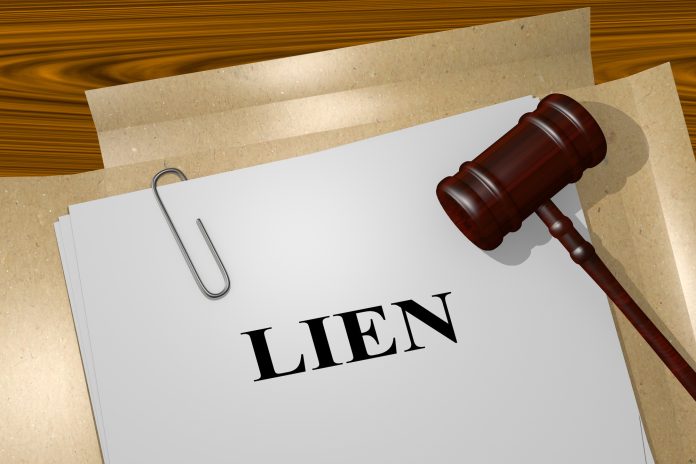Creditors often file lien claims against those who owe them money. If these individuals complete bankruptcy, they often lose their property.
If you want to learn more about lien rights, then keep reading. In this article, we’ll provide an overview of the legal aspect of bankruptcy. We’ll also talk about how to file a lien claim so you can learn more about what this is and what it means for you.
Definition
Lien rights are defined as the legal right of a creditor, or lender, to maintain a security interest in a piece of property until the debt owed to them is paid in full. It is a form of collateral in which the creditor can use the property to satisfy their debts if the borrower defaults on the loan.
When it comes to real estate, liens are often placed against the property when the mortgage is issued and can remain until the debt is satisfied. Liens also exist in private transactions, such as car loans and other personal loans, where the asset being purchased acts as collateral.
How Does It Work
Under lien rights, the creditor has the right to file a lien against the property of the debtor, typically a real estate property, until a debt is paid. To file a lien, the lien services must prove that the debtor owes them money and that the debt is valid. Once a lien has been filed, it will remain on the debtor’s property until the debt is paid.
If the debt is not paid, the creditor can then take legal action to attempt to recover the funds owed, such as repossessing or foreclosing on the property. Lien rights are a common way to secure payment when mutually-agreed terms have not been met by the debtor.
Drawbacks
Lien rights can have drawbacks for parties involved in the transaction. If a business fails to pay for goods and services, the lien holder rights will initiate repossession or foreclosure on assets. This can negatively affect the livelihood of individuals and business owners.
This leads to decreased assets, disruption of operations, and ultimately, diminished capacity. Additionally, the enforcement of lien rights can be costly for the parties involved. For the claimant, legal and court costs associated with filing a claim may significantly outweigh the amount due from the debtor.
Benefits
Lien Rights Benefits is a legal concept that provides the holder of certain rights with a certain form of financial benefit. These benefits include the right to have a claim or security against property that has been transferred or sold to them. This could be real estate, vehicles, machinery, and other types of assets.
In some cases, the lien rights holder may also receive interest on their claim until it is paid in full. In the event of bankruptcy, the lien rights holder may be able to recover some of their claims before other creditors. Other lien rights benefits may include priority in paying off claims, receiving profit sharing when the asset is sold, or having security for debts owed to them.
Know How to Use Lien Rights
In conclusion, lien rights are a powerfully effective way for businesses to protect their assets from debtors. Which may or may not pay their due debts.
While the legalities involved can be complicated, seeking out the help of an experienced legal professional is the best way to protect your assets and rights. For more information on lien rights, contact an experienced legal professional today!
If you want to read more articles, visit our blog.

